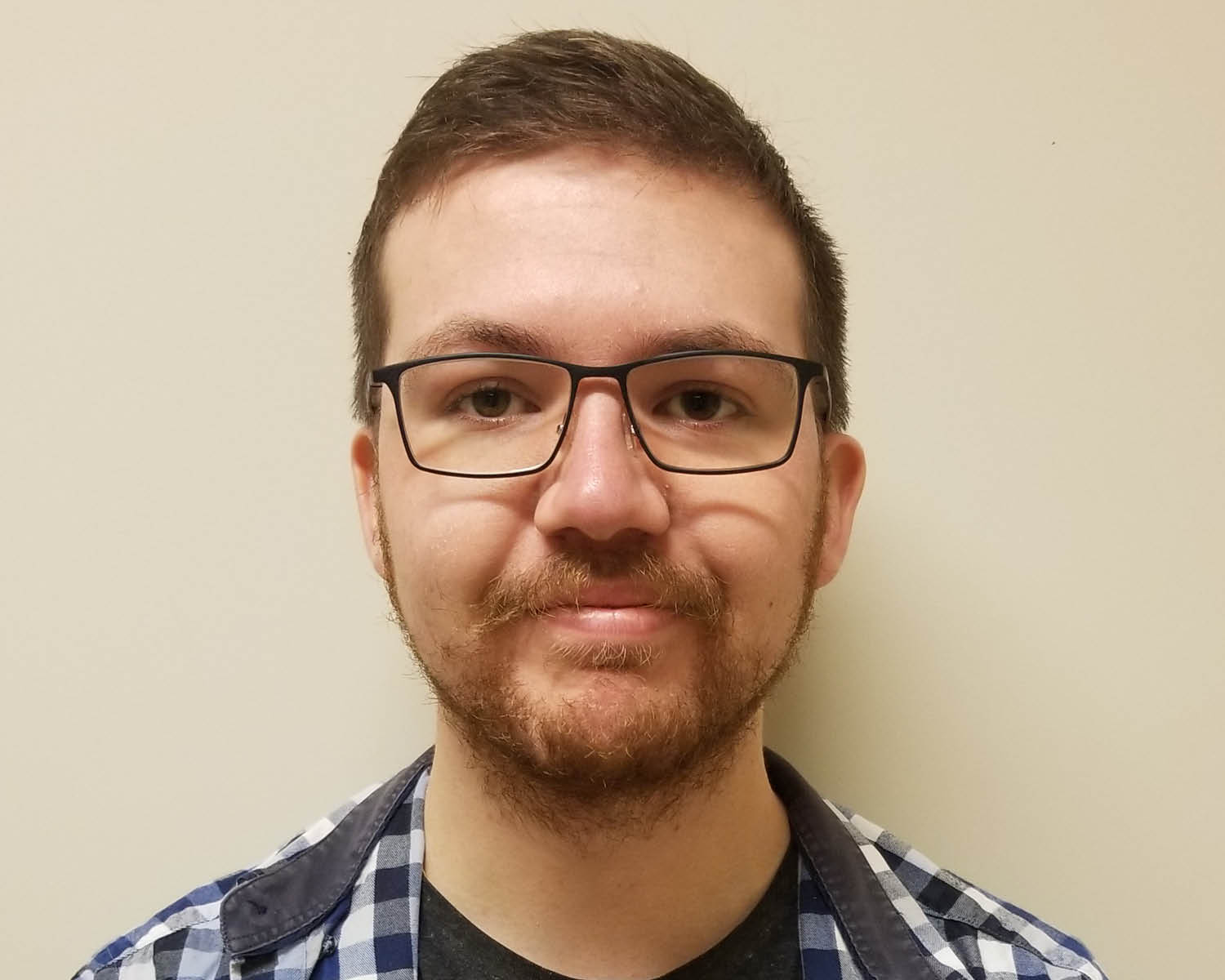Marc-Alexandre Fillion

I am very gratified to have received this award. It recognizes the unusual, intriguing aspect of my project. I am proud of my research and thesis, but I didn’t expect this recognition.
Marc-Alexandre Fillion
M.Sc. Earth sciences, 2020
Centre Eau Terre Environnement | Supervisor: Richard Martel
What brought you to INRS? What has stayed with you from your experience?
When I was a third-year undergraduate student in chemistry at Université de Montréal, one of my professors presented Professor Richard Martel’s research. He spoke about his research on the environmental fate of a new mixture of explosives used on military training sites. This immediately caught my attention. I found that different and intriguing, and I told myself it would be a good experience for me to continue my graduate studies in another institution, to move from Montréal to Québec.
Once I came to INRS, I really liked my connections with the student community, my involvement in the student association, discussions with professors. What I liked the most about my time at INRS was the accessibility and multidisciplinarity of the professors at the water-earth-environment centre. Also, a great many resources were made available to us, in several fields. Finally, the supervision provided by my research advisor, Professor Martel, was incomparable. He’s a great guy, he gave us autonomy as students and he let us grow as researchers. In addition, he was open to our ideas.
Also, during my master’s studies, I had the chance to collaborate with several sampling campaigns on two Canadian military bases on Professor Martel’s team. I also worked on Professor Jasmin Raymond’s Aquifroid research project to test a technology to air condition buildings using ground water.
Can you tell us about the issues and impact of the research presented in your master’s thesis?
The goal of my environmental chemistry research project was to evaluate the environmental fate of a new explosive formulation, PAX-48, used by the Canadian Armed Forces for military training on firing sites. I completed several lab experiments to reproduce field conditions and to examine processes that could degrade PAX-48 components and their environmental importance. The idea was to provide information needed to avoid environmental damage of soil and groundwater which would ensue from the use of these explosives on firing ranges.
What does winning this prize mean to you?
I am very gratified to have received this award. It sort of recognizes the unusual, intriguing aspect of my project. I am proud of my research and thesis, but I didn’t expect this recognition. My project clearly had a specific goal, so the contents generated have tangible public utility.
What is your next chapter, now that you have received your degree?
I loved my studies. I am now a doctoral student, still with Professor Martel as my supervisor, but I have moved from environmental chemistry to environmental hydrogeology. We have a good research team, great synergy and complementarity. In my opinion, INRS is the best place for doctoral studies in Earth sciences.
I am considering two avenues once my doctorate is finished. Since I like to apply knowledge directly in the field, I would like to offer my expertise to a consultancy firm, or be a scientist working for the Department of National Defence. Remediation of contaminated sites is a fast-growing issue and new methods for clean-up are constantly developing, so it’s really interesting.
